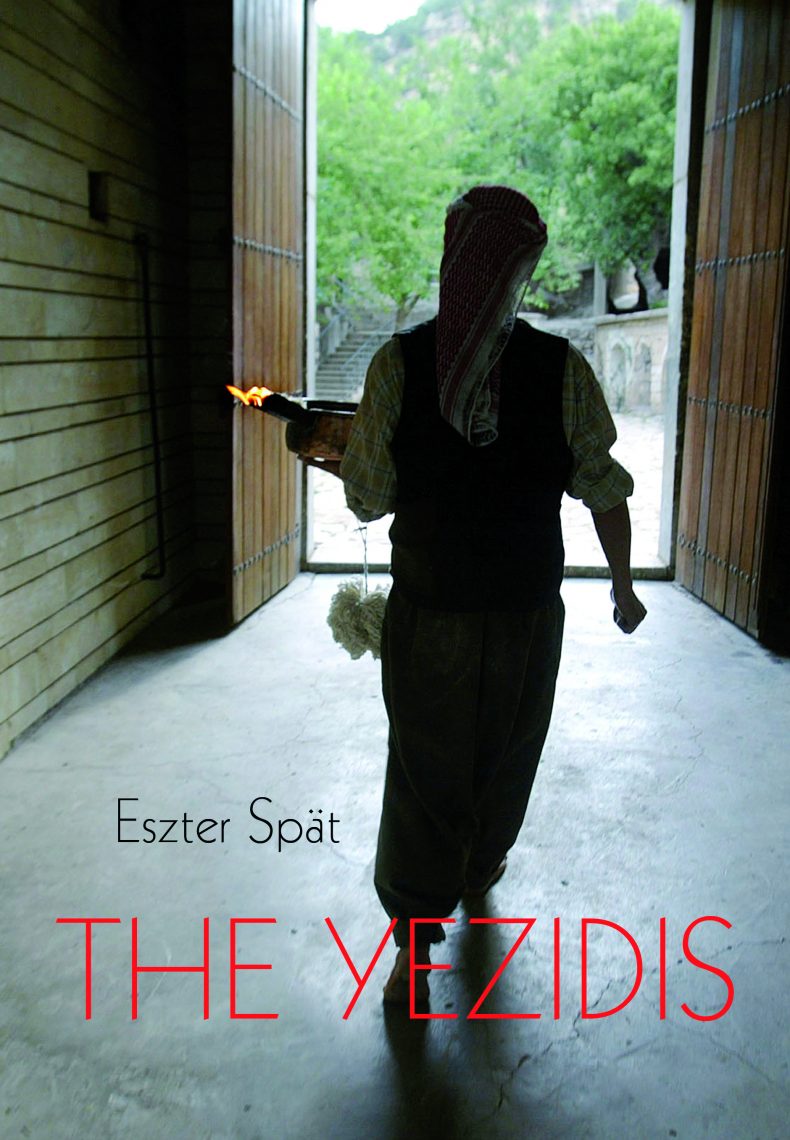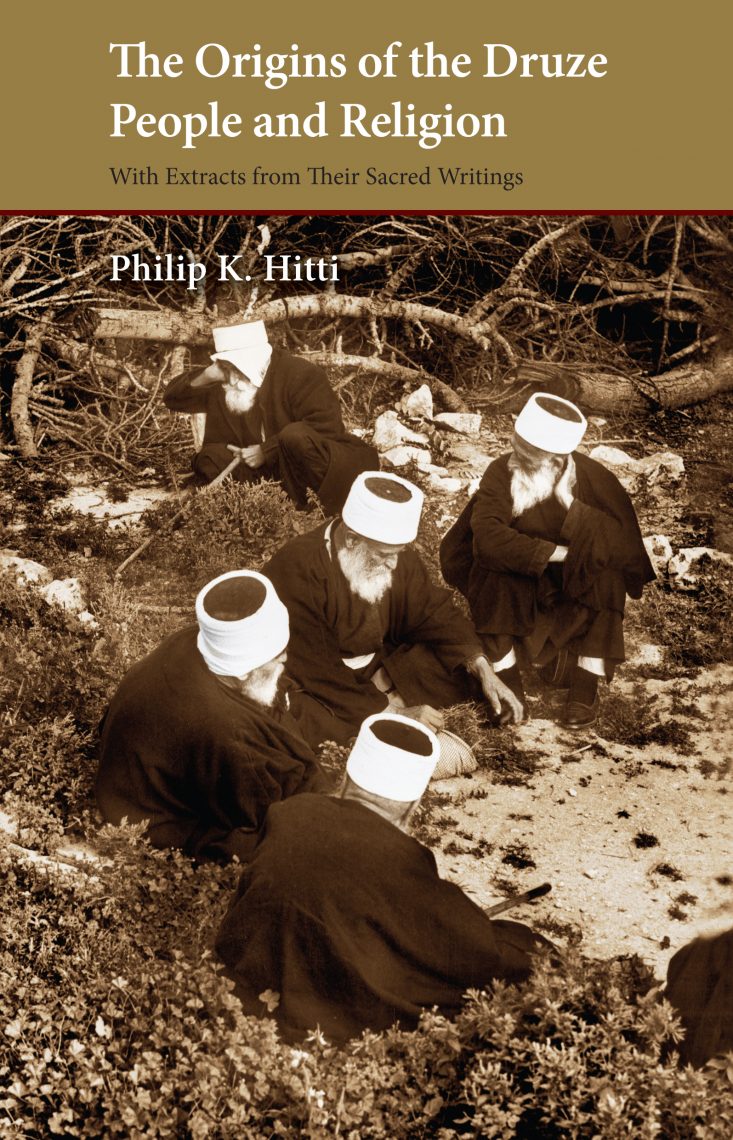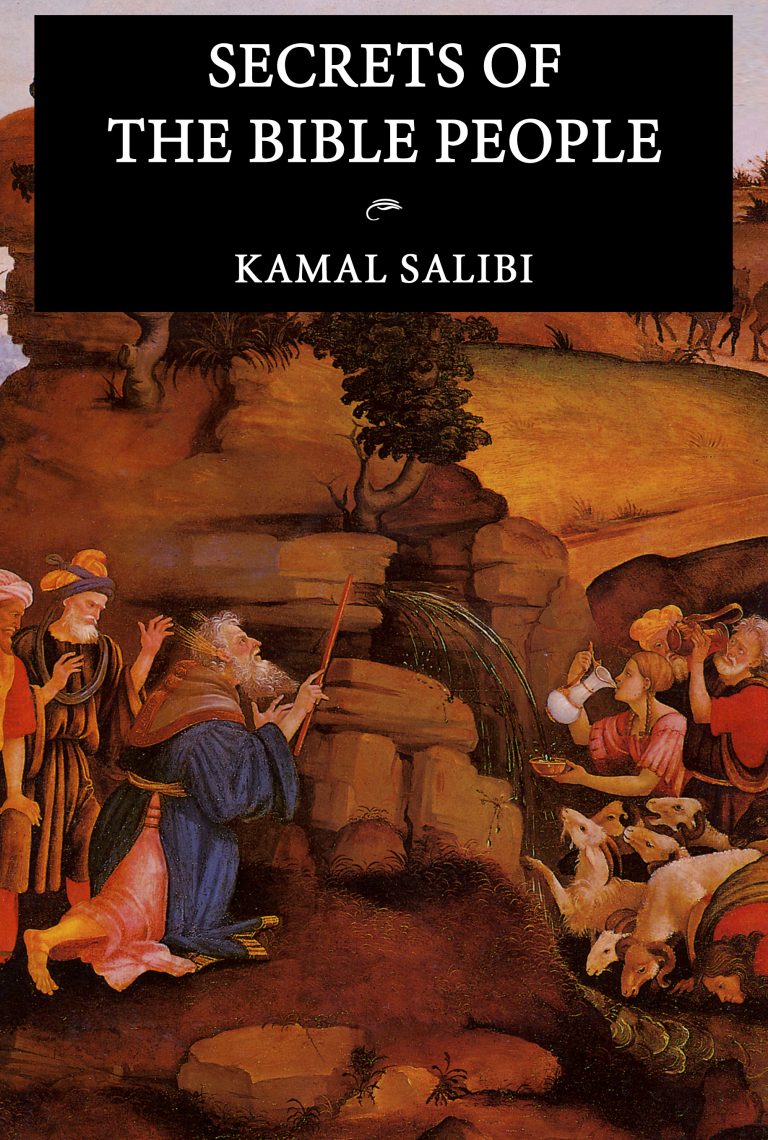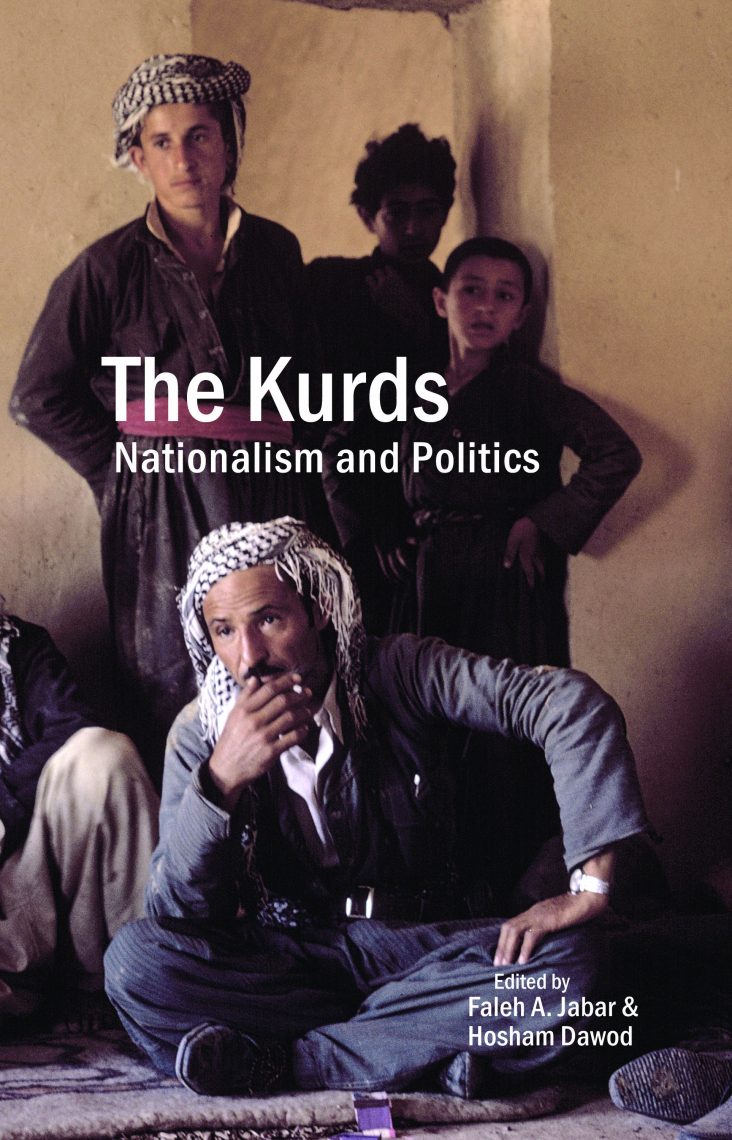
The Yezidis
£14.99
Out of stock
About the Book
The Yezidis, an ancient enigmatic Kurdish mountain people, are considered one of the oldest ethnicities in the Middle East, and often derided as ‘devil-worshippers’. Distinct from the majority Sunni Kurds, Yezidis’ religion evolved through a fusion of Sufism with earlier religious beliefs indigenous to the region, including Zoroastrian, Jewish, Gnostic and Christian motifs. They attribute a prominent place to their protector, the Peacock Angel, traditionally identified with Satan by Muslims.
Historically labelled as heretics and mercilessly persecuted, the Yezidis developed a unique culture and caste system. More recently, under Saddam Hussein, Yezidi culture underwent radical changes, with the forced resettlement into collective villages and geographic isolation reinforced by the political fallout from the Second Gulf War.
Along with her enquiry into the meaning and manner of their practices, Spät takes note of the increasing demands of modernisation and the shifting balance of power in the region, and also observes the stirrings of inner strife in an otherwise tough, resilient community that has endured continuous attempts at eradication over centuries.
About the Author
Eszter Spät is a research fellow in the Department of Medieval Studies at the Central European University, where she earned her PhD. She has extensively researched Yezidi history and culture, and her publications include The Yezidis and Late Antique Motifs in Yezidi Oral Tradition.
Reviews
‘A fascinating portrait and an invaluable first-hand account ... The Yezidis is a warm and gentle exploration of one of the oldest ethnic minorities in the Middle East.’ Asian Leader
‘Compulsive and compulsory reading for all those who are interested in Yezidis, Kurds, religion in the Middle East and the effects of political change on minority communities’ Professor Philip G. Kreyenbroek, author of Kurdish Culture and Identity



